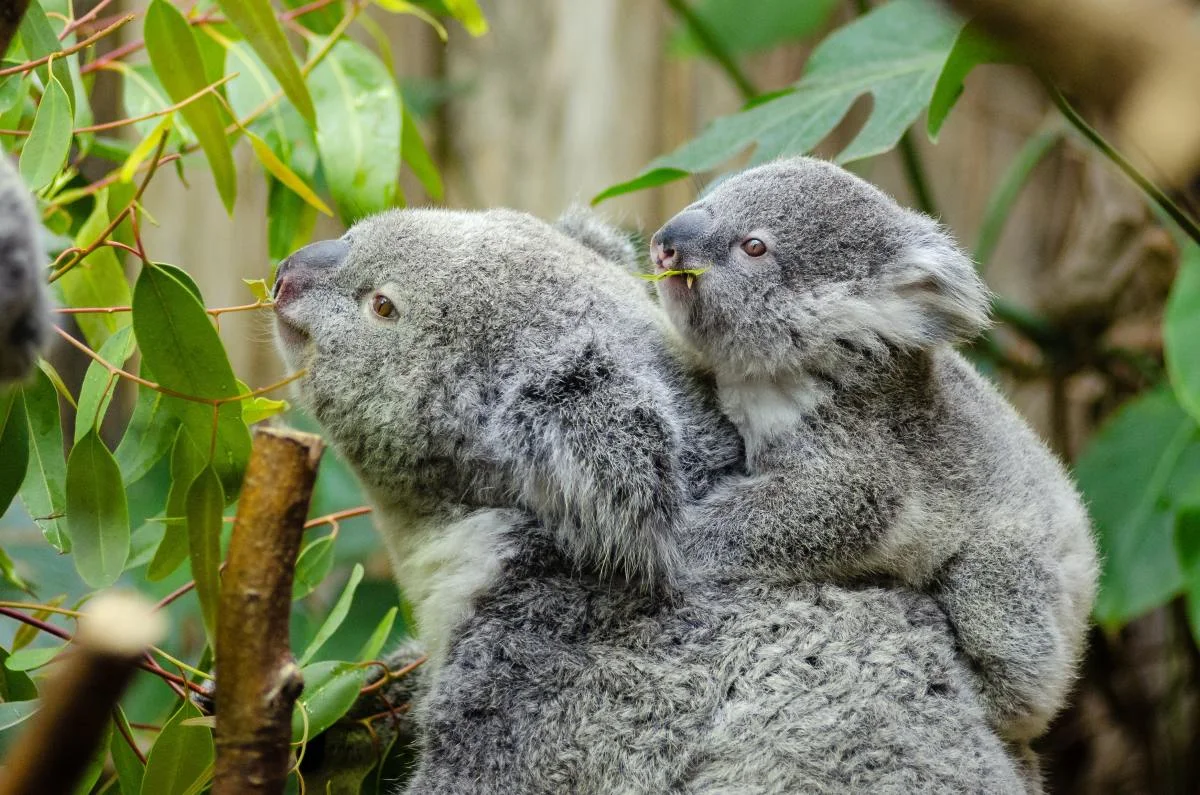
Koalas are returning to the wild after Australian bushfires
Wildlife officials estimate that nearly 10,000 koalas were killed by the fires
Koalas that were rescued during the devastating Australian wildfires a few months ago are getting ready to return to the wild.
Science for Wildlife is a not-for-profit wildlife conservation organization based in Sydney and has been rehabilitating koalas that were injured by the Blue Mountains bushfires. Four adult koalas and a baby joey were the first few marsupials that were returned to the eucalyptus forests. The organization has reported that they appeared to be happy to return to their old stomping grounds.
The organization has collaborated with the San Diego Zoo to protect the koala species and plans on releasing more koalas back to the wild to promote genetic diversity within the population. Approximately 10,000 koalas were killed by the fires, which is roughly 30 per cent of their total population.
Koalas mainly eat eucalyptus leaves and can spend up to 22 hours a day sleeping or resting because digesting the leaves takes a significant amount of the animals’ energy. Unlike other animals that were able to respond quickly to the approaching fires, the koalas did not have the same physical abilities to rapidly react. This was depicted in many of the videos that went viral during this period of time that showed people running to rescue the marsupials that seemingly were stuck in place as the fires spread around them.
Science for Wildlife removed as many koalas as they could when the wildfires began approaching, knowing that the animals would not be able to escape in time. The team had installed radio tracking devices before the wildfire season had begun, which helps them study their behaviours and track their population numbers.
Several factors are threatening the habitat that koalas thrive in and include tree-clearing for farming, mining, urban development and climate change. Periods of prolonged drought and record-breaking temperatures have been harming eucalyptus forests and are causing koalas to experience higher rates of dehydration.
Conservation officials worry that their shrinking habitat and increasingly harsh conditions will hinder their ability to reproduce, which would further challenge the survival of their population.
